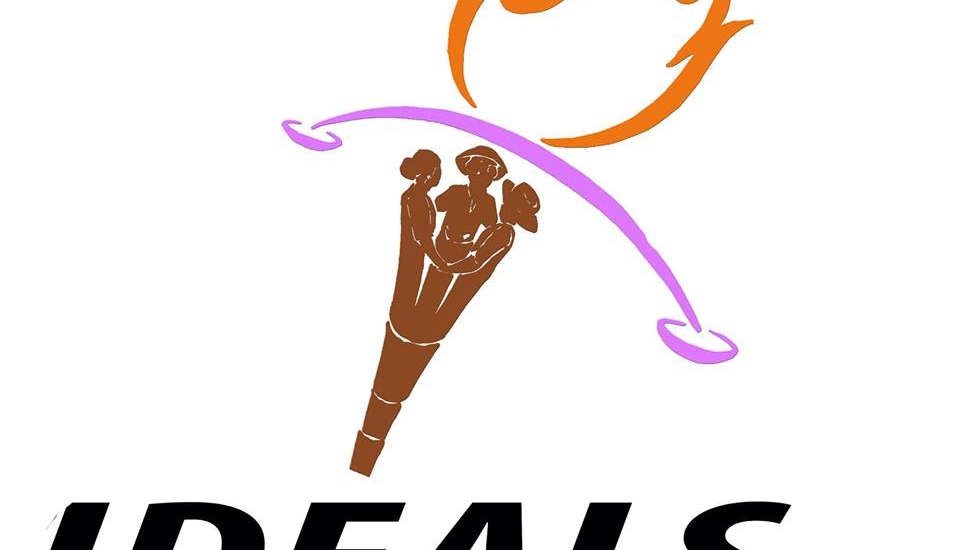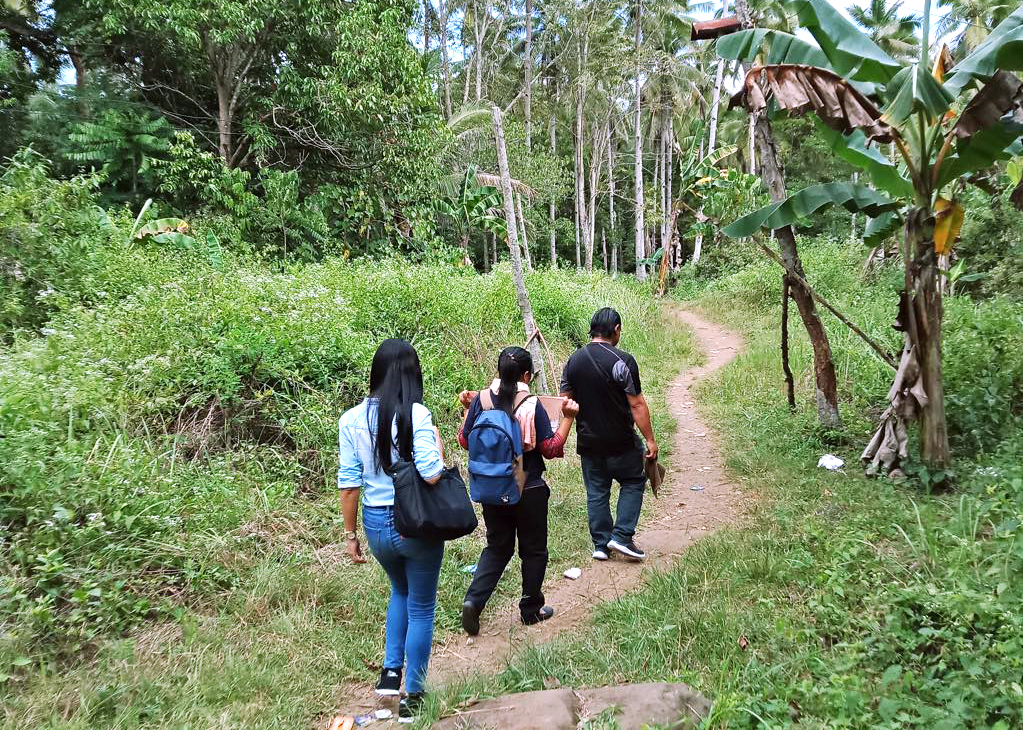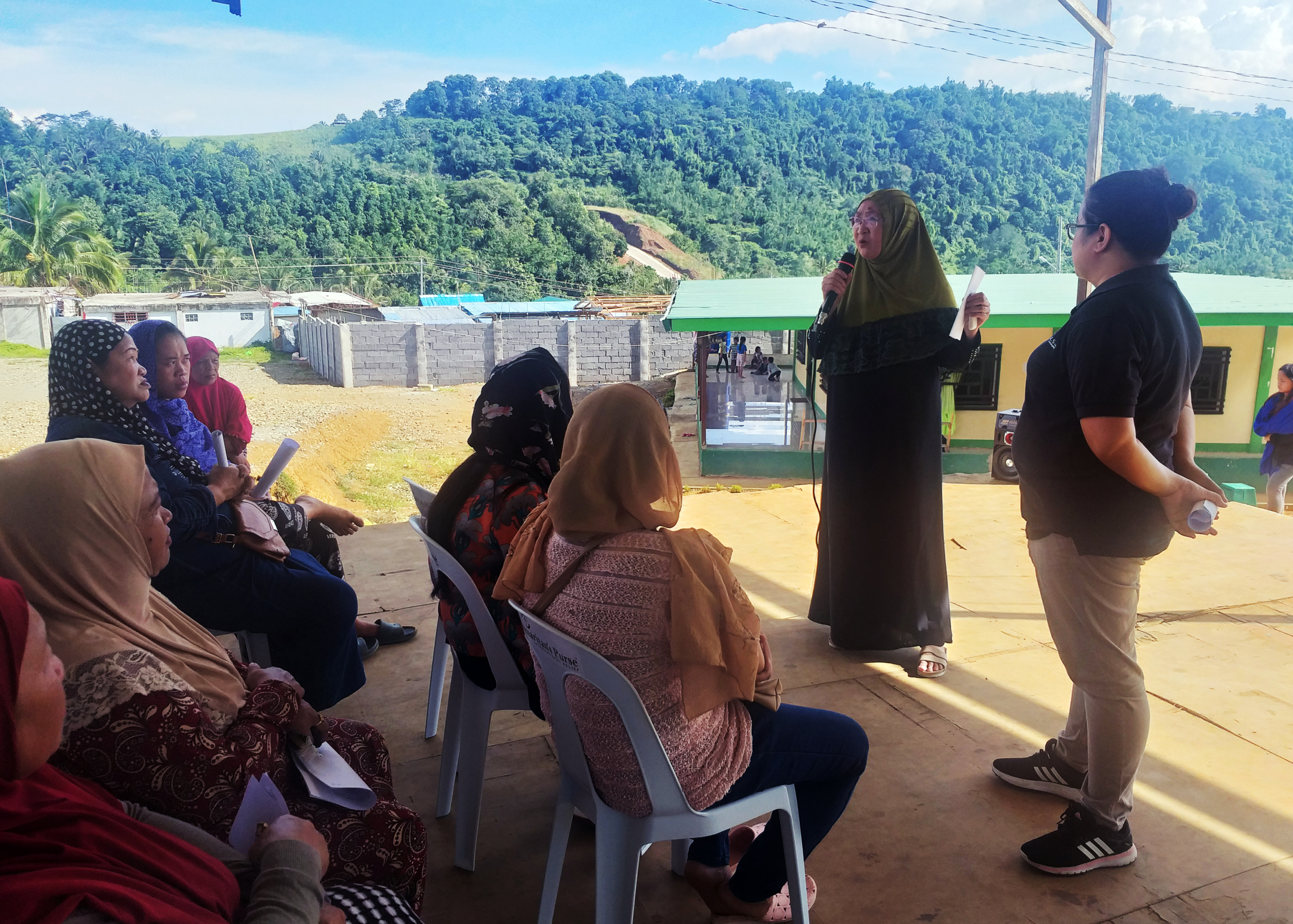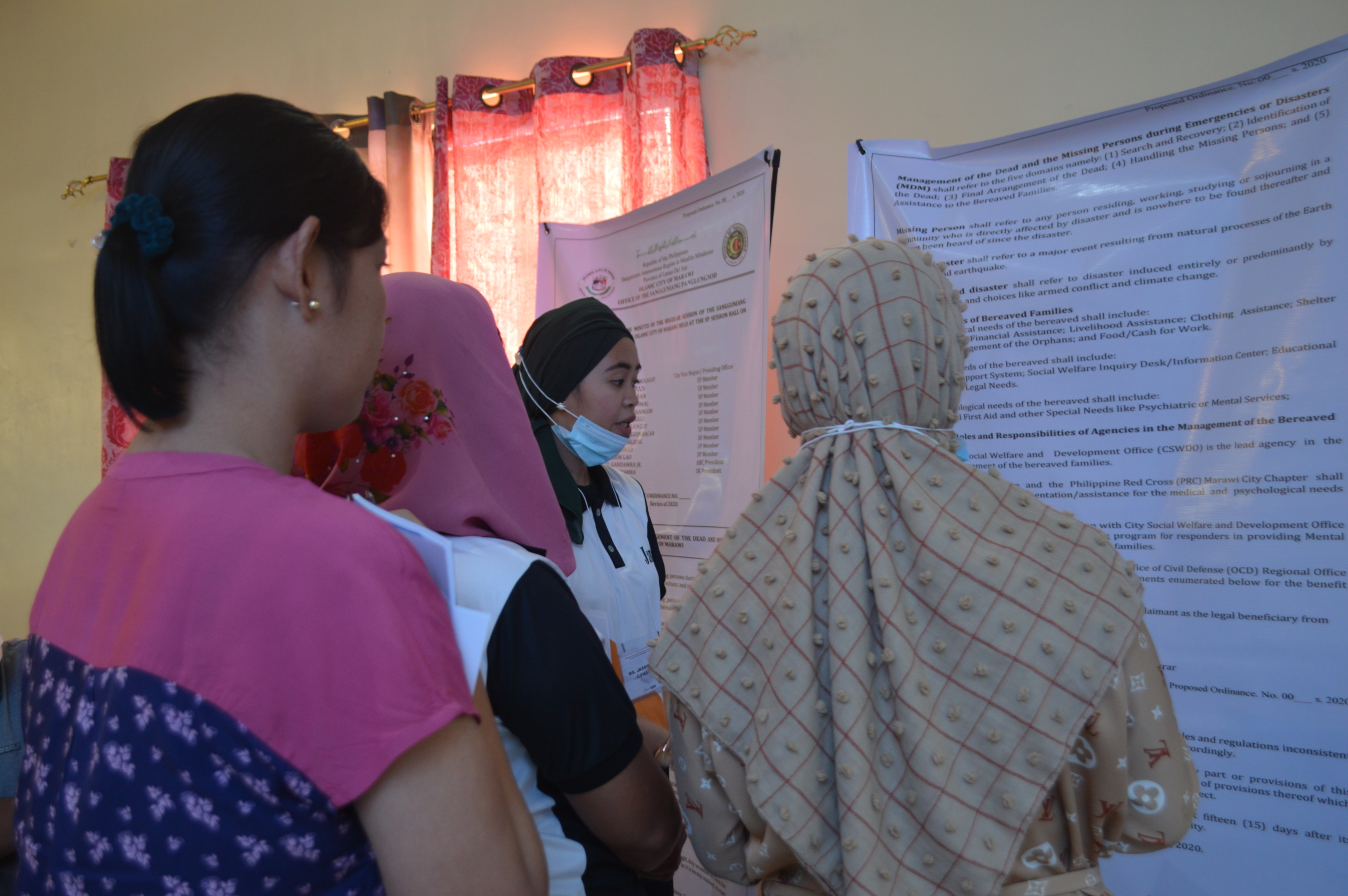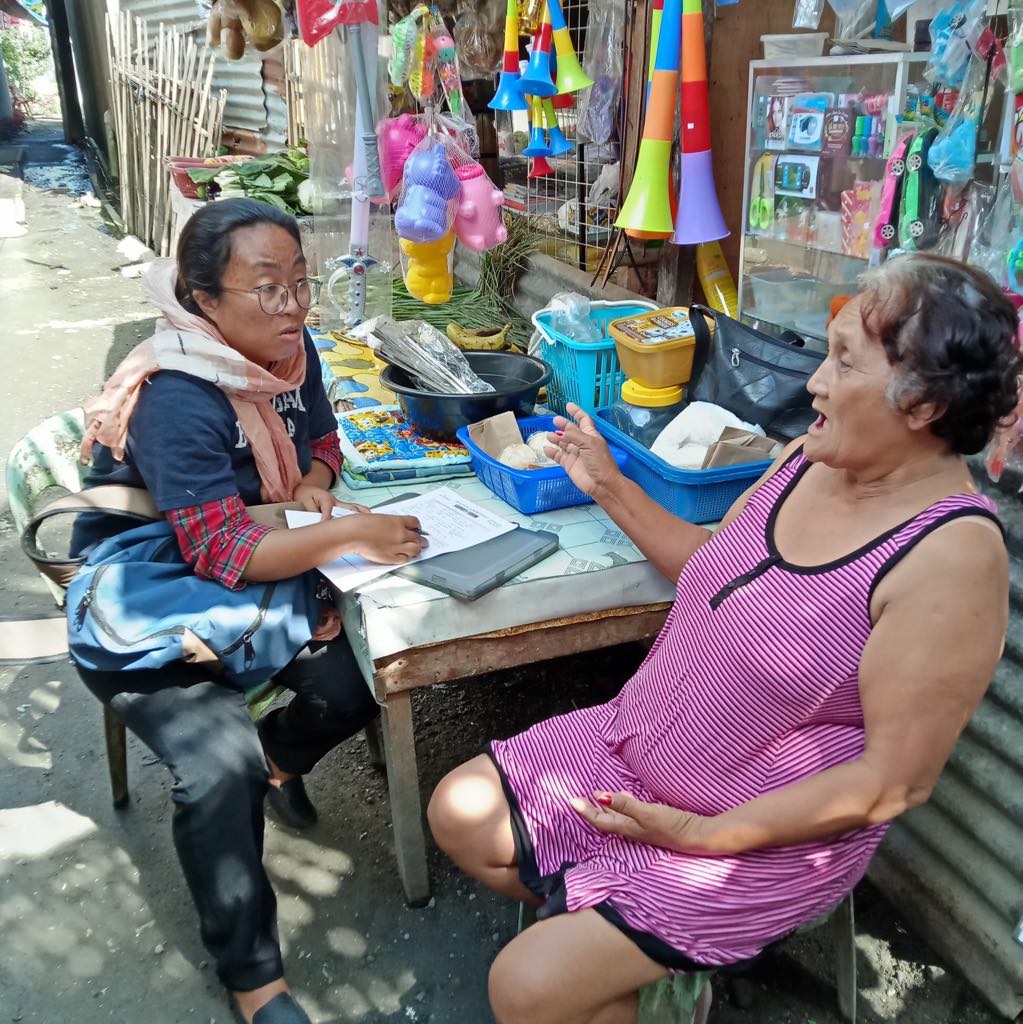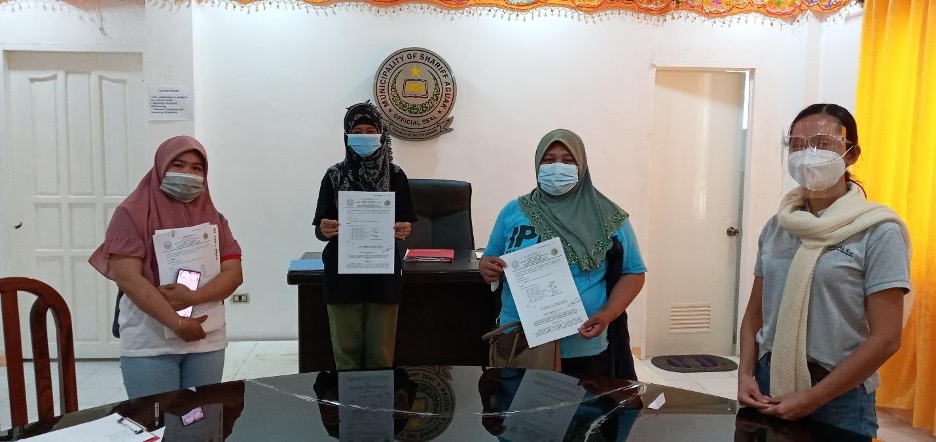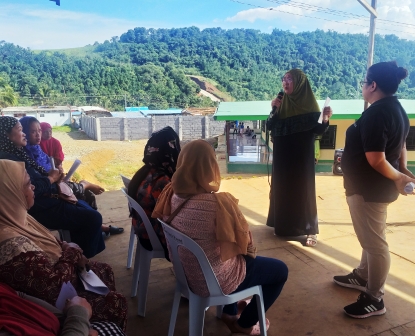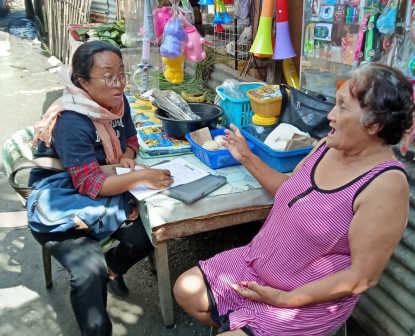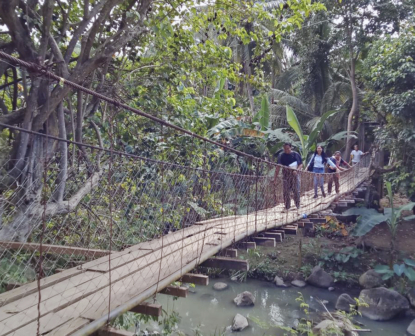Project
Bringing VOICE to the Missing and Dead
-
Amount Funded
95,109 EUROProject Duration
01 Apr 2019 - 31 Dec 2020 -
-
The Initiatives for Dialogue and Empowerment through Alternative Legal Services (IDEALS, Inc.) addresses the legal and technical needs of the marginalised and vulnerable groups, particularly: banana farmers who are agrarian reform beneficiaries (ARBs), victims of human rights violations, and persons or communities affected by natural and manmade disasters.
IDEALS engages in policy advocacy and influencing work, case build-up and documentation for victims of human rights violations, and conducts legal missions to help identified marginalised and vulnerable groups establish their legal identity and/or update their records. Specifically for the work with banana farmers, IDEALS sits as part of the technical working group on the bill which aims to regulate the contracts and relations of farmers. IDEALS engage the general public for awareness-raising about the struggles of farmers locked into unfair contracts and influencing for responsible and inclusive business practices and operations.
-
Organisation
The Initiatives for Dialogue and Empowerment through Alternative Legal Services (IDEALS, Inc.) addresses the legal and technical needs of the marginalised and vulnerable groups, particularly: banana farmers who are agrarian reform beneficiaries (ARBs), victims of human rights violations, and persons or communities affected by natural and manmade disasters.
IDEALS engages in policy advocacy and influencing work, case build-up and documentation for victims of human rights violations, and conducts legal missions to help identified marginalised and vulnerable groups establish their legal identity and/or update their records. Specifically for the work with banana farmers, IDEALS sits as part of the technical working group on the bill which aims to regulate the contracts and relations of farmers. IDEALS engage the general public for awareness-raising about the struggles of farmers locked into unfair contracts and influencing for responsible and inclusive business practices and operations.
-
Project
Bringing the Vulnerable Outcast and Indigenous Communities to Engage in Management of the Dead and Missing (MDM) project empowers marginalised sectors of society, especially during disaster scenarios, by training them to identify priority issues, design action plans based on them, and lobby for the implementation of these plans with the government. The project takes its title from its desire to mainstream MDM in the country, capacitate and encourage members of target groups to influence and engage decision makers by arming them with the skills to communicate their needs to the government. The project has several components, although the process itself is shaped and dependent on engagement with input specified by specific target communities.
The project helps:
- Gain a better understanding of how Management of the Dead and the Missing (MDM) Response works;
- Learn how to identify and present pertinent issues in their communities;
- Harness mechanisms and skills on how to effectively engage their respective local government units (LGUs) to address these pre-identified gaps;
- Actively participate in the formulation of post-disaster programs that the government can extend to these communities; and
- Pave the way for future advocacy by giving them a benchmark on how to effectively lobby.
Ultimately, the project promotes participatory governance by training and giving the target communities a hands-on experience of the process, and giving them the legal machinery to support their demands. Through workshops and dialogues with the government, the project gives these communities the skills to define, assess, and relay their needs to their government, using MDM as a stepping stone.
The communities can then apply this knowledge to further influencing efforts that can help them reach out to stakeholders, in addition to exposing them to local and national lobbying experiences (through local lobbying and the national conversation with government agencies) that can set the tone for their future engagements with the government.
-
-
Bringing the Vulnerable Outcast and Indigenous Communities to Engage in Management of the Dead and Missing (MDM) project empowers marginalised sectors of society, especially during disaster scenarios, by training them to identify priority issues, design action plans based on them, and lobby for the implementation of these plans with the government. The project takes its title from its desire to mainstream MDM in the country, capacitate and encourage members of target groups to influence and engage decision makers by arming them with the skills to communicate their needs to the government. The project has several components, although the process itself is shaped and dependent on engagement with input specified by specific target communities.
The project helps:
- Gain a better understanding of how Management of the Dead and the Missing (MDM) Response works;
- Learn how to identify and present pertinent issues in their communities;
- Harness mechanisms and skills on how to effectively engage their respective local government units (LGUs) to address these pre-identified gaps;
- Actively participate in the formulation of post-disaster programs that the government can extend to these communities; and
- Pave the way for future advocacy by giving them a benchmark on how to effectively lobby.
Ultimately, the project promotes participatory governance by training and giving the target communities a hands-on experience of the process, and giving them the legal machinery to support their demands. Through workshops and dialogues with the government, the project gives these communities the skills to define, assess, and relay their needs to their government, using MDM as a stepping stone.
The communities can then apply this knowledge to further influencing efforts that can help them reach out to stakeholders, in addition to exposing them to local and national lobbying experiences (through local lobbying and the national conversation with government agencies) that can set the tone for their future engagements with the government.
-
“May karapatan pala ang mga patay (Even the dead has rights).”
“MDM is now relevant more than ever; gaining traction with and political appease of the local officials is a step toward the realization of bringing voice to the MDM agenda. Proper and up-to-date information and tapping various communications method to disseminate knowledge and information on MDM is also a good strategy to amplify the voices of the voiceless, and elevate the status of the marginalized the project is serving.”

Management of the dead and missing (MDM) was indeed an unfamiliar territory to most of the community partners of IDEALS, Inc. in their Influencing project. Especially in disaster-prone areas, mainstreaming MDM is deemed significant and the empowerment of citizens to increase their knowledge and understanding on this is the first step. After the project and the hurdles caused by the COVID-19 pandemic, IDEALS, Inc., together with their community partners, was proud of the changes they have observed on the awareness of MDM—not just by rightsholders but also by partners in the local government.

IDEALS, Inc. felt proudest during the community presentations where community members appreciated the learnings they acquired about (MDM). The main goal of the project was to amplify their voice, aiming for their genuine participation to highlight the MDM agenda, which they believe they were able to achieve as reflected by the presentations. Although the filing and passing of the MDM policies is considered as one of the project’s major output, the increased awareness and knowledge of the community is still the most significant achievement. The organisation saw the changes in the community, especially the community champions, from zero knowledge about the rights of the victims of disasters and their bereaved families to educating their fellow community members and advocating about the MDM agenda in their own municipalities.

Networking with the LGU members particularly the Sanggunian members, whose main role is to pass legislative measures / policies of the municipality, was the most successful approach they used. Getting the commitment of these legislative champions, making them aware of the MDM agenda, and highlighting to them the role of the LGU in the MDM agenda, to an extent assured the organisation and the project that the goal of the project will not be futile. Convening the major actors – government agencies, legislative body, and the community – and collaborating with all of them was one key approach that made their intervention holistic and grounded to the needs of the people. With this partnership, seven policies (1 Executive Order and 6 Ordinances) were filed in the project’s three areas that shall institutionalise the rights of the dead and the missing.

A heightened trust in civil society organizations in bringing forth the rights of the marginalised was recognized by the IDEALS, Inc. Some members of the groups showed an increase in confidence and engagement ability in discussing with local officials the issues closest to them. As a result, potential community leaders emerged and the MDM agenda in the communities’ awareness has been cast making succeeding efforts easier to implement.

-
News

